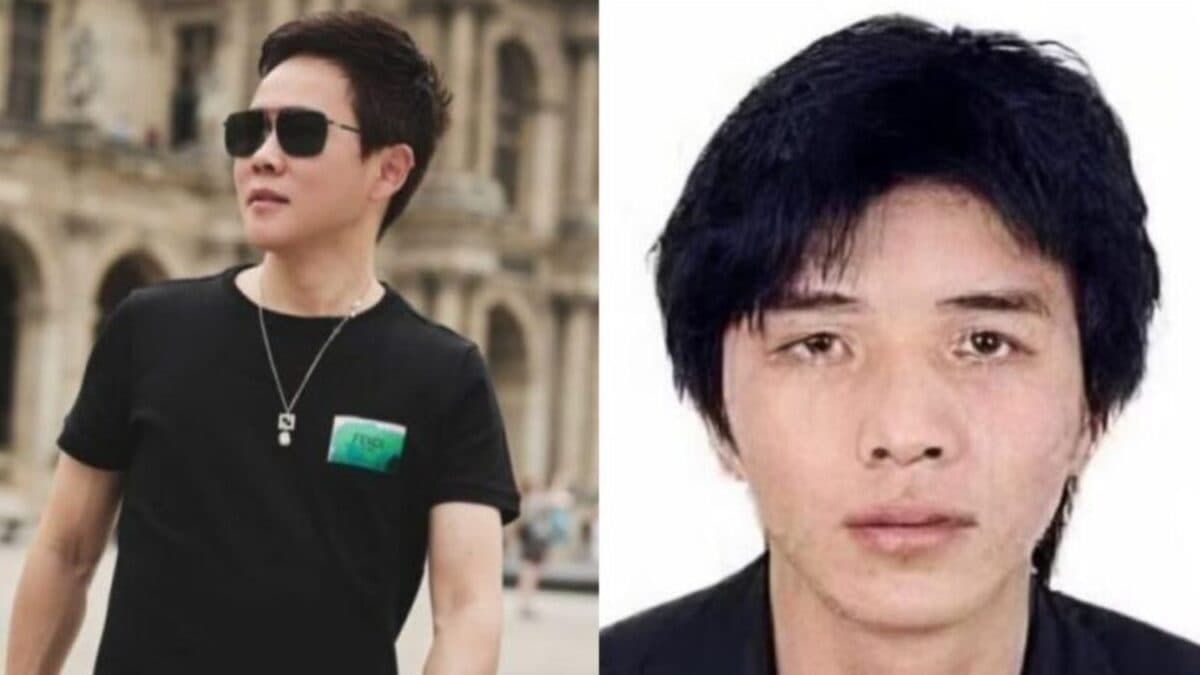Two convicts in Singapore’s S$3 billion money laundering case stripped of Cypriot citizenship
Two men involved in Singapore’s largest money laundering case have been stripped of their Cypriot “golden passports”, as Cyprus continues to revoke citizenships obtained under its now-defunct investment scheme.

- Cyprus’ Council of Ministers revoked the citizenship of Su Haijin and Wang Dehai, two convicts from Singapore’s S$3 billion money laundering case.
- Both had obtained Cypriot citizenship under the country’s former “golden passport” programme, which was abolished in 2020.
- The men were sentenced and deported after being convicted in Singapore in 2024.
SINGAPORE: Two men implicated in Singapore’s largest money laundering case have been stripped of their Cypriot citizenship, according to a 4 August 2025 report by Cypriot newspaper Politis.
The Cypriot Council of Ministers revoked the so-called “golden passports” of Su Haijin and Wang Dehai, both of whom were convicted in Singapore for offences linked to a S$3 billion money laundering ring uncovered in 2023.
Under Cyprus’ now-defunct citizenship-by-investment programme, wealthy foreigners could obtain Cypriot citizenship in exchange for significant investments in property or business ventures.
The scheme was terminated in 2020 following an Al Jazeera investigation that exposed widespread abuse and weak due diligence checks on applicants.
According to Politis, the government has since revoked the citizenships of 88 investors and 218 of their family members. The newspaper also reported that dozens among the more than 2,500 people who received Cypriot passports between 2017 and 2019 were later found to have criminal records, faced charges, or were under international sanctions.
Links to Singapore’s money laundering case
Su, 42, and Wang, 35, were among 10 foreign nationals arrested in Singapore in August 2023 during coordinated raids involving more than 400 officers from the Singapore Police Force.
The Politis report did not disclose the amounts they invested in Cyprus or when they obtained their passports. However, it cited the Cypriot Ministry of Interior as confirming that both men’s citizenships were revoked after authorities were informed of their criminal convictions in Singapore.
Jail terms and deportations
In April 2024, Su was sentenced to 14 months’ imprisonment for money laundering and resisting arrest. During the police raid on his Good Class Bungalow, he attempted to flee by jumping from a second-floor balcony.
Wang received a 16-month sentence in June 2024 after pleading guilty to one charge of money laundering.
Both men were deported later that year—Su to Cambodia and Wang to the United Kingdom—and were permanently barred from re-entering Singapore.
The 10 individuals convicted in the case, all Chinese nationals, received sentences ranging from 13 to 17 months. Collectively, they held foreign passports from countries such as Cyprus, Turkey, Vanuatu, Saint Kitts and Nevis, and Cambodia.
Wider repercussions and ongoing probes
Another individual linked to the case, Turkish national Vang Shuiming, was arrested in Montenegro in February 2025 after being deported to Japan following his conviction in Singapore.
According to the Organised Crime and Corruption Reporting Project (OCCRP), Vang is wanted in China for allegedly running illegal online gambling operations. Montenegro is reportedly considering extraditing him to China.
Authorities in several jurisdictions continue to investigate assets and shell companies linked to the Singapore case, which spanned multiple countries and financial institutions.
Growing scrutiny of “golden passport” schemes
Cyprus’ citizenship-by-investment programme has drawn sustained criticism from international organisations and anti-money laundering watchdogs.
The Organisation for Economic Cooperation and Development (OECD) has placed Cyprus, Vanuatu, and Saint Kitts and Nevis on a watchlist of 14 countries that grant citizenship or residency with minimal vetting.
Such programmes allow investors to secure second citizenships within months—often through large donations or real estate investments—with limited background checks.
For instance, a Saint Kitts and Nevis passport can be obtained within four months for a US$250,000 (S$321,000) donation or a US$400,000 property investment.
The OECD has warned that these fast-track schemes are susceptible to exploitation by individuals seeking to evade justice, launder funds, or conceal assets.
Prestige and controversy of Cypriot passports
Cyprus’ EU membership made its passports particularly valuable, granting holders the right to live and work across all 27 EU states and visa-free access to more than 170 countries.
However, the programme also attracted high-profile and controversial figures. Malaysian financier Jho Low—wanted in connection with the 1Malaysia Development Berhad (1MDB) scandal—was granted Cypriot citizenship in 2015. His passport was revoked in June 2024.
International law enforcement agencies, including Interpol and the Financial Action Task Force (FATF), have long urged governments to tighten or abolish such investment schemes.
Several nations have acted in response: Bulgaria scrapped its investor citizenship programme in 2022, and Ireland announced in 2023 that it would end its golden visa scheme.
The revocations in Cyprus underscore renewed global efforts to prevent criminals from exploiting investment-based citizenship programmes to launder wealth or obscure their identities.







